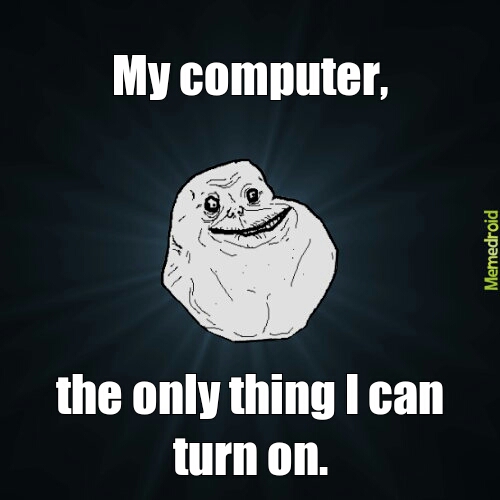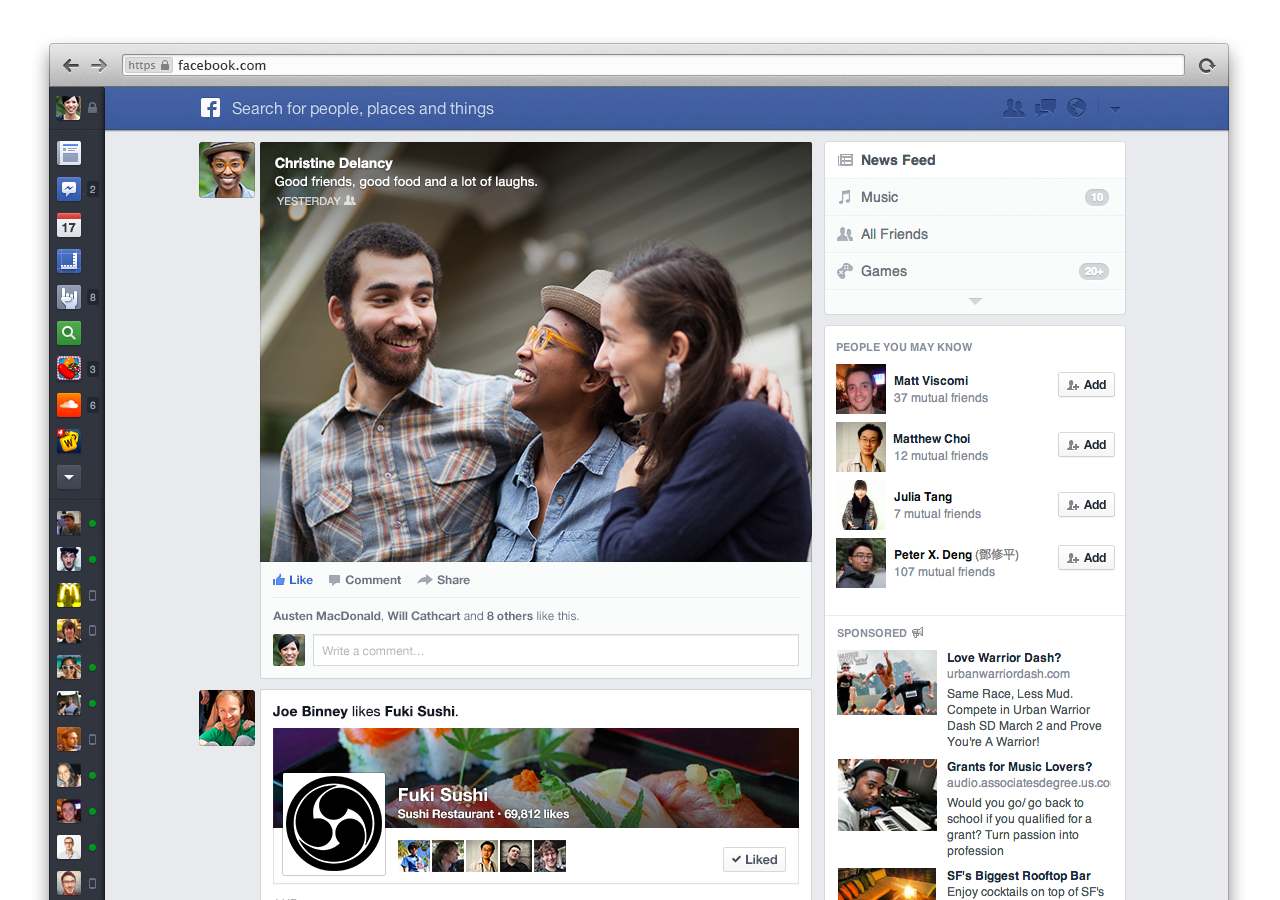But first, let’s be clear: 12 Years A Slave is absolutely
not a “feel-good” movie. It is an
intense and gritty immersion into the inhumanity of slavery, the racial and
sexual injustice of past societies, and the disturbing potential for human
depravity in every age. It contains
scenes of brutal torture (less bloody but about as intense as The Passion of
the Christ) and is speckled with cruel and dehumanizing speech. There are very few punches pulled in this
movie’s presentation of historical realities.
It is even-handed in its approach, presenting slave-owners
as the mixed bag of humanity that they surely were—though all were complicit in
a morally offensive societal structure, some no doubt treated their slaves with
a degree of civility or even kindness, while others inflicted unspeakable evils
upon their fellow men and women. The
film shows examples of both, though it centers on a particularly disgusting
example of the latter type.
In short, for those who have not yet seen the film, it is
likely what they expect it to be: intense, eye-opening, moving. However, all this serves to intensify the
question of why I would feel happy after seeing this movie. Patience is a virtue, and it’s time I
rewarded you for it.
12 Years A Slave made me feel exceptionally grateful.
I take many things for granted, you see. My family.
My home. My freedom. The basic civility and social decency of the people
I meet in the world. The fact that
people (mostly) stop at red lights. These
things come to mind easily when I try to name them, but on a typical day I am
not overcome with gratefulness for them.
Have you ever rear-ended a car on the street? I did several years ago, and the first feeling
I remember having is a sharp double-edged regret. The first edge was, of course, regret at being
distracted and running into that Chevy Tahoe’s bumper; the second was subtler,
but no less real: I regretted not appreciating what I had before the hit. Before the hit, I had a certain insurance
premium. Now, it would go up. Before the hit, I had a class I was going to
be on-time for. Now, I would be
late. Before the hit, I had a peaceful
drive ahead of me. Now, that peace was
shattered. The thought that went through
my head was, “Man, everything was going so well before this happened…and I didn’t
even know it!”
Whenever I pass a minor car accident on the road now, my
heart pangs with empathy for those involved. I’ll bet they weren’t appreciating what they
had before the hit, either.
The protagonist of 12 Years A Slave, one Solomon
Northup, is a victim of the same dangerous mindset, and his ordeals drive the
point home about as effectively as 100 auto crackups. Solomon is a free black man in New York prior to the
Civil War (which is a really strange name for a war, now that I think about
it). Solomon has a wife, two children, a
house of his own, and a profitable career as a violinist. He is respected, applauded, and afforded the
same rights and privileges of others in his society. Virtue and discipline have played a key role
in his success, to be sure—but in the final analysis, he is lucky. He has been equipped by God’s providence with
a healthy environment and good people. And
like many people in similar situations, and like me, he takes almost all of it
for granted almost all of the time.
Suddenly, his world is plunged into chaos as he is abducted
and sold into slavery under false pretences. Laboring at the plantation of a warped and
cruel man, Solomon slowly, painstakingly, surveys the depths of misery and
depravity his race is subjected to in the pre-war South.
And soon those days back in New York take on a new light. Suddenly, the veil is lifted and Solomon’s
former life—which for many of us is routine, as it was for him—is revealed to
be the Shangri-La that it really was. And
as the possibility of returning to it dims, every under-appreciated moment
stings like another lash of the whip. How
he would love to go back and relive one of those “routine” days! How different those responsibilities now
appear. What were considered burdens are
understood as privileges. And life’s
great blessings are, for one sublime season, truly recognized.
By now, you might have realized that I am no longer talking about
Solomon Northup. I can’t speak for what
he, the historical figure on whom the film is based, felt as the grim reality
of slavery dawned on him each morning. But
I know how it made me feel to see his story dramatized, super-sized, and
projected on the screen.
It made me feel happy.
Thanks be to God, now and forever!







